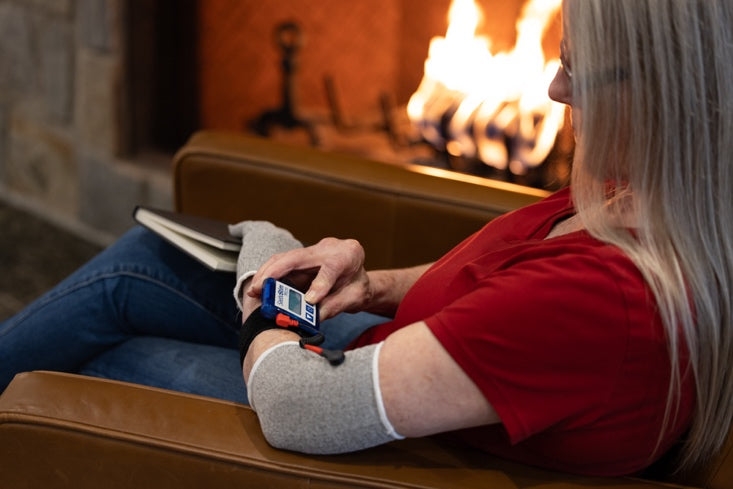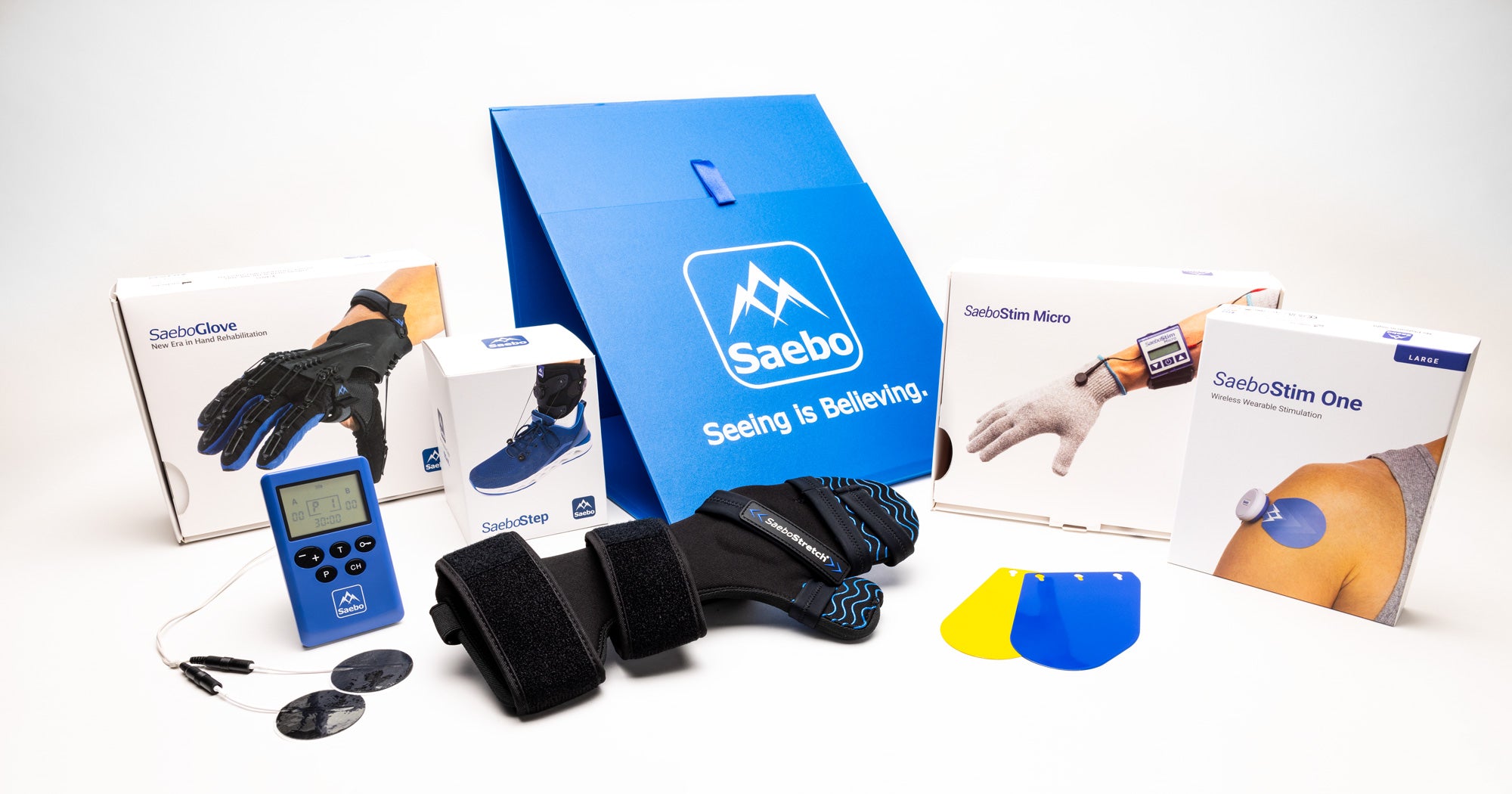The Relationship Between Seizures and Strokes


Strokes can damage the brain in many ways, and these negative effects take different forms depending on the person and their stroke. But in general, strokes can influence emotions, mobility, verbal communication, behavior, and memory. One problem caused by stroke that’s harder to notice is the increased risk of seizures.
Seizures are actually more common after stroke than you might have guessed. Statistics show that seizures afflict 22 percent of people who suffer from strokes. They are important to watch out for as they indicate malfunctions in brain activity and cause an altered state of awareness for a stretch of time.
The information below gives you the essentials on the relationship between strokes and seizures so you are more prepared for what can happen in the aftermath of a stroke.
What Causes Seizures After Stroke?
Injuries leave their marks, and it’s the same case when strokes scar the brain. But unlike a scar on your skin, scarring in the brain leads to frightening effects—namely, changes to electrical activity within the brain. Normally, our brain cells communicate in an on-and-off pattern, but during a seizure, these cells emit bursts of energy, sometimes causing unintentional body movements, unusual sensations, and short periods of unconsciousness.
There are two different kinds of strokes: hemorrhagic and ischemic. Hemorrhagic strokes result from bleeding around or inside the brain, and ischemic strokes are caused by a blood clot or the absence of blood flow to the brain.
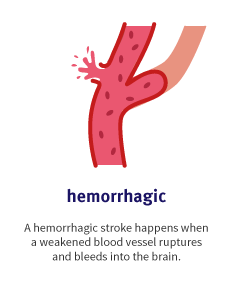
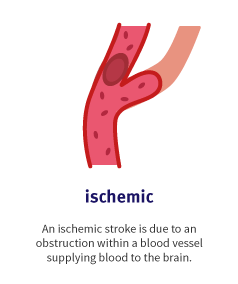
If you’ve suffered from hemorrhagic (bleeding) strokes, you’re much more likely to experience seizures post stroke than those who’ve suffered from an ischemic stroke. You’re also more likely to experience seizures if a stroke takes place in the cerebral cortex, the outer layer of tissue in the brain.
Epilepsy After Stroke
A stroke survivor might experience frequent seizures, which could indicate epilepsy. Epilepsy is diagnosed when seizures become regular and are not associated with a specific cause.
Experiencing a single seizure following a stroke does not necessarily mean a patient has epilepsy. It’s only when seizures become frequent that epilepsy will be diagnosed. Sometimes, when signs of a stroke are not clear, a seizure may be evidence that somebody has suffered a stroke in the past. This is most common in children and infants.
However, epilepsy is uncommon. It usually occurs in people who are still experiencing seizures a month or more after their stroke has occurred.
Recognizing the Signs of a Seizure
There are as many as forty different types of seizures known. Symptoms of seizures vary depending on the type of seizure you experience. A generalized seizure is the most common, and it tends to show these symptoms:
- Trembling and shaking
- Numb and prickling sensation
- Unconsciousness
- Muscle contractions and cramps
- Change in emotions and behavior
- Confusion and uncertainty
- Loss or alteration of basic senses (smell, sound, sight, taste, or touch)
- Incontinence
- Loss of mobility
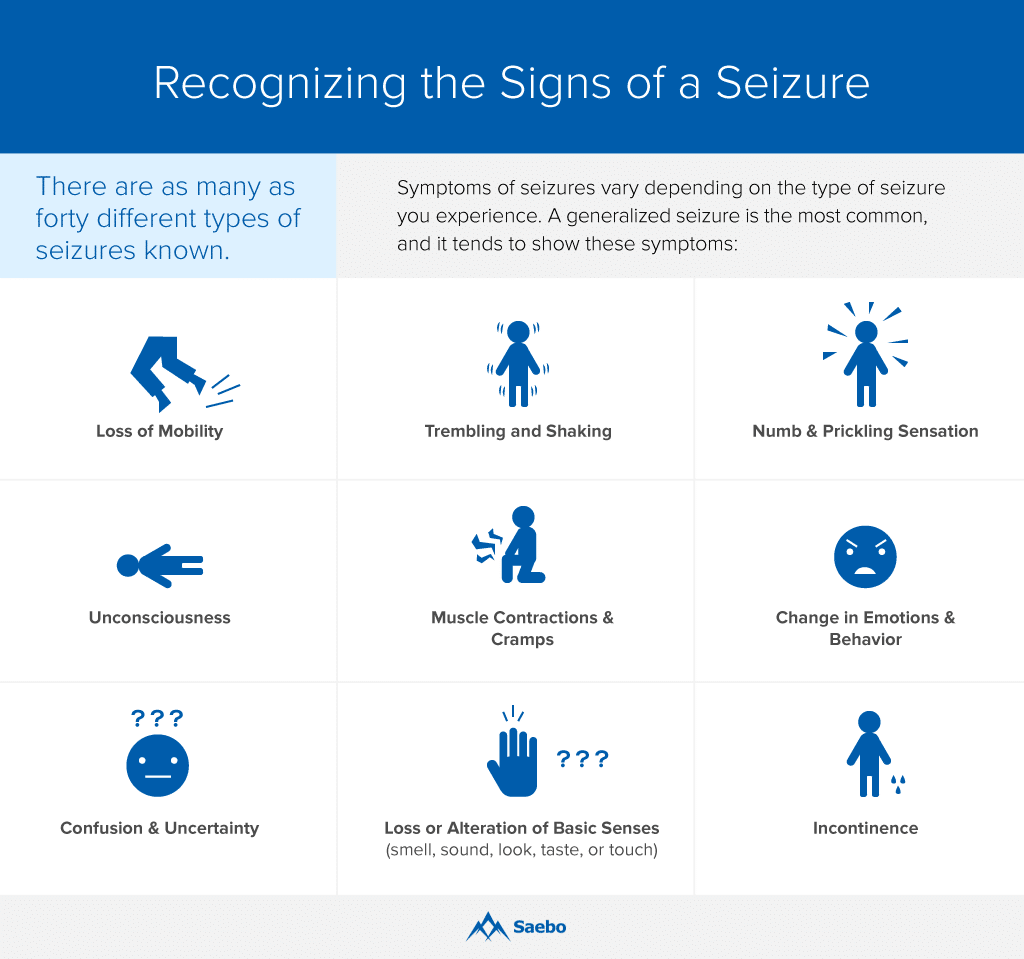
What to Do When Someone Has a Seizure
It’s very alarming to witness somebody having a seizure, but it’s important to keep them from being injured. Here’s what you can do:
- Make sure the person is on their side to prevent any vomiting or choking. You can do this by rolling them to their side and/or cushioning their head.
- If the person is wearing any clothing around their neck, loosen it to keep the airway open. You can also gently grab their jaw and tilt their head back to make sure they’re able to continue breathing.
- Often, when people experience seizures, they may move or jerk uncontrollably. If this happens, do not restrict movement unless they are in immediate danger. It’s also important to remove sharp objects that they could hit during the seizure.
- Never put anything, including liquid or medication, into the person’s mouth.
- If you can, make a note of how long the seizure lasts and what symptoms were experienced. This way, you’ll be better able to inform a doctor or emergency responder.
- Do not leave the person having a seizure alone. Stay with them until it ends, and seek treatment immediately.
Treating Post-Stroke Seizures and Epilepsy

If you just experienced one seizure that happens shortly after a stroke (a month or so later), then you will most likely not need treatment. You may be prescribed medication if you continue to experience seizures, however.
Sadly, there is no cure for epilepsy, but there are medications that can help to prevent seizures and will help you to live a normal life. Treatment will depend on what kind of seizure you experience, how many you have, other medications you may already be taking, and any other symptoms caused by your stroke.
Medications available for epilepsy are called anti-epileptic drugs (AEDs). These work by inhibiting the extreme bursts of energy in the brain that cause seizures in the first place. It’s important to remember that normal brain activity could be affected by these medications, causing lightheadedness, fatigue, confusion, and other symptoms. Once your body adjusts to the medication, these side effects may subside.
Help During Recovery
Remember that it’s common to experience seizures following a stroke. Strokes have many consequences, but there are a number of treatments available to help you through this difficult time. It’s always best to talk to your doctor to figure out a plan to manage your symptoms.
All content provided on this blog is for informational purposes only and is not intended to be a substitute for professional medical advice, diagnosis, or treatment. Always seek the advice of your physician or other qualified health provider with any questions you may have regarding a medical condition. If you think you may have a medical emergency, call your doctor or 911 immediately. Reliance on any information provided by the Saebo website is solely at your own risk.
All content provided on this blog is for informational purposes only and is not intended to be a substitute for professional medical advice, diagnosis, or treatment. Always seek the advice of your physician or other qualified health providers with any questions you may have regarding a medical condition. If you think you may have a medical emergency, call your doctor or 911 immediately. Reliance on any information provided by the Saebo website is solely at your own risk.

